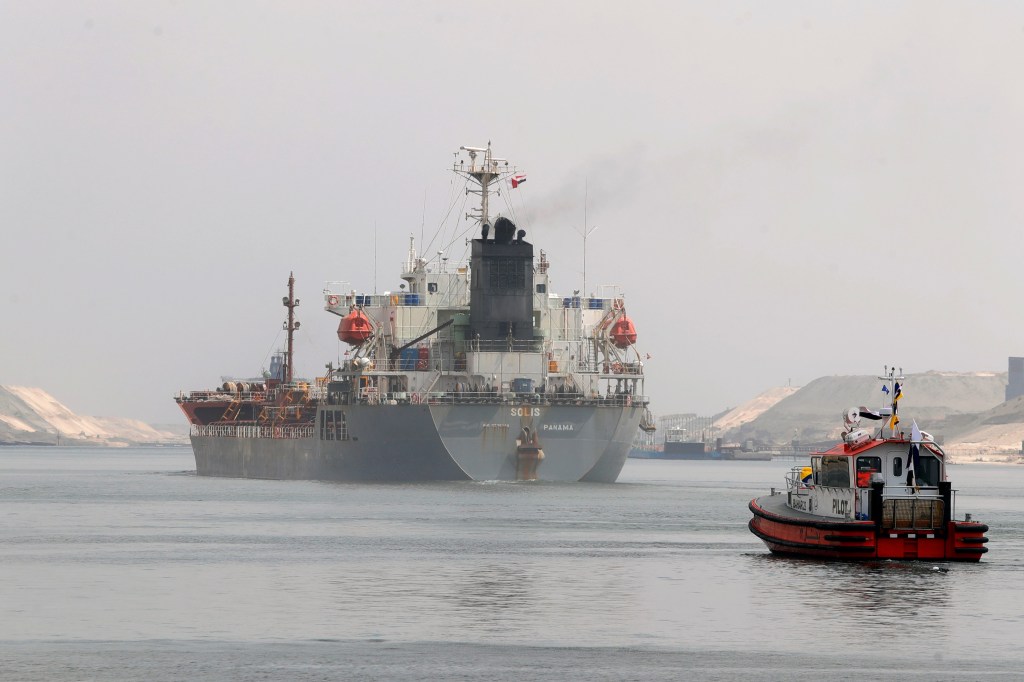Houthis Vow More Red Sea Attacks on Israel-Linked Ships
Houthis Escalate Threats in Red Sea

Yemen’s Houthi rebels have intensified their military threats in the Red Sea, declaring a “fourth phase” of escalation on July 27. They have vowed to target any vessels linked to Israeli interests, reigniting fears of maritime conflict in the region. This renewed aggression follows a series of attacks on ships earlier in July, resulting in casualties and hostage situations.
Recent Attacks and Military Posturing
The Houthis’ recent threats come after a period of relative calm during the first half of the year. In early July, they launched a series of assaults on commercial vessels, including the bulk carrier MV Eternity C, which suffered significant damage. During this attack, four seafarers lost their lives, and 11 others were taken hostage. The ship endured a relentless barrage of grenades, missiles, and drones over a grueling 16-hour period, with no naval support from the U.S. or allied forces to assist in its defense. Fortunately, another commercial vessel managed to rescue four crew members from the Red Sea.
According to Houthi spokesperson Yahya Sare’e, the group’s military actions are a direct response to the evolving situation in Gaza, expressing solidarity with Palestinians amid the ongoing Israel-Hamas conflict. The Houthis have declared a “military blockade” that will target ships regardless of their nationality, asserting that any vessel within the range of their missiles and drones is at risk.
Impact on Maritime Trade and Shipping Routes
The escalation of Houthi attacks has led to significant disruptions in maritime trade. Many shipping companies have opted to avoid the Red Sea and surrounding waters, choosing instead to reroute around Africa’s Cape of Good Hope. This detour adds an additional 10 to 14 days to shipping times, significantly impacting logistics and costs. Safety concerns and rising war-risk insurance premiums have further deterred carriers from operating in the region. Following the recent attacks, insurance premiums surged from approximately 0.3% to 0.7% of a ship’s value, prompting some underwriters to suspend coverage for specific voyages.
As a result, traffic through the Suez Canal has decreased, with a seven-day moving average of only 32 ships transiting daily, down from 39 the previous year. However, there are signs of a cautious revival among regional carriers, with the number of unique service routes doubling from eight to 16 since the third quarter of 2024, according to maritime intelligence firm eeSea.
In an effort to encourage shipping traffic, the Suez Canal Authority has extended a 15% rebate program for container ships over 130,000 tons, initially set to expire in August. This initiative has attracted several vessels, including those from CMA CGM and Mediterranean Shipping Company (MSC), signaling a potential recovery in canal traffic.
As the situation unfolds, the maritime community remains vigilant, weighing the risks of operating in a region marked by instability and conflict.
